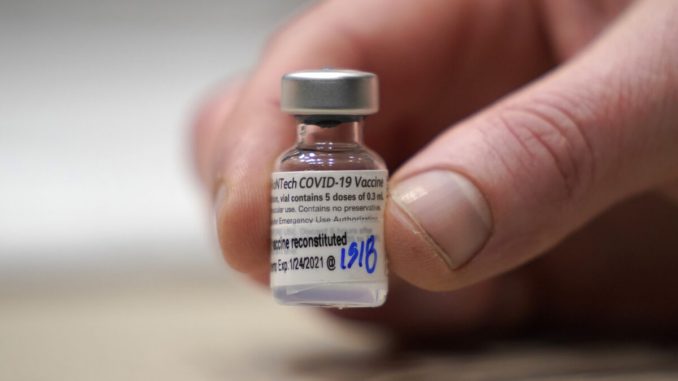
U.S. regulators on Monday expanded the use of Pfizer’s COVID-19 vaccine to children as young as 12.
Shots could begin as soon as a federal vaccine advisory committee issues recommendations for using the two-dose vaccine in 12- to 15-year-olds. An announcement is expected Wednesday.
Most COVID-19 vaccines worldwide have been authorized for adults. Pfizer’s vaccine is being used in multiple countries for teens as young as 16, and Canada recently became the first to expand use to 12 and up.
The Food and Drug Administration declared that the Pfizer vaccine is safe and offers strong protection for younger teens based on testing of more than 2,000 U.S. volunteers ages 12 to 15. The study found no cases of COVID-19 among fully vaccinated adolescents compared to 18 among children given dummy shots. Researchers also found the children developed higher levels of virus-fighting antibodies than earlier studies measured in young adults.
The younger teens received the same vaccine dosage as adults and had the same side effects, mostly sore arms and flu-like fever, chills or aches that signal a revved-up immune system, especially after the second dose.
Pfizer’s testing in adolescents “met our rigorous standards,” FDA vaccine chief Dr. Peter Marks said.
Pfizer and its German partner BioNTech recently requested similar authorization in the European Union, with other countries to follow.
Pfizer is not the only company seeking to lower the age limit for its vaccine. Moderna recently said preliminary results from its study in 12- to 17-year-olds show strong protection and no serious side effects. Another U.S. company, Novavax, has a COVID-19 vaccine in late-stage development and just began a study in 12- to 17-year-olds.
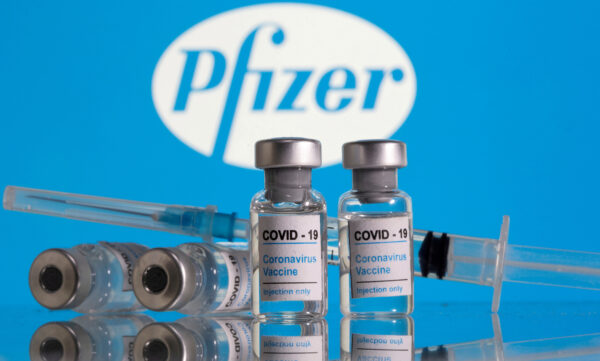
Next up is testing whether the vaccine works for even younger children. Both Pfizer and Moderna have begun U.S. studies in children ages 6 months to 11 years. Those studies explore whether babies, preschoolers and elementary-age kids will need different doses than teens and adults. Gruber said Pfizer expects its first results in the fall.
Children are far less likely than adults to get seriously ill from COVID-19, yet they represent nearly 14 percent of the nation’s coronavirus cases. At least 296 have died from COVID-19 in the United States alone, and more than 15,000 have been hospitalized, according to a tally by the American Academy of Pediatrics.
That’s not counting the toll of family members becoming ill or dying—or the disruption to school, sports and other activities so crucial to children’s overall well-being.
In the meantime, the Centers for Disease Control and Prevention says unvaccinated people—including children—should continue taking precautions such as wearing masks indoors and keeping their distance from other unvaccinated people outside of their households.



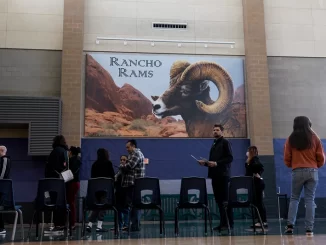
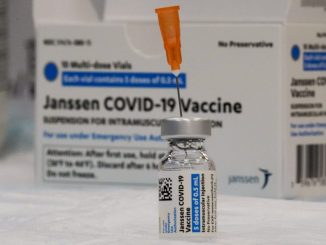
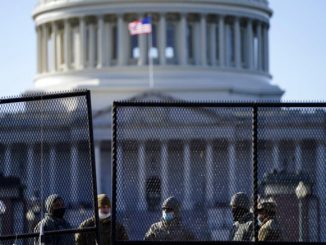
Be the first to comment